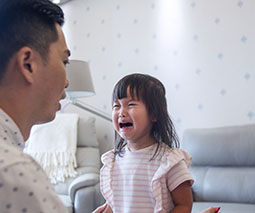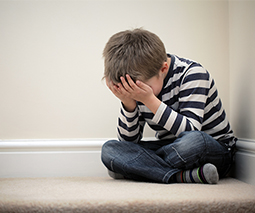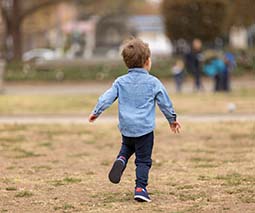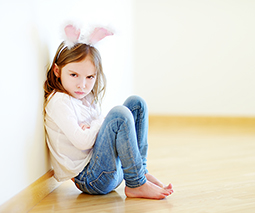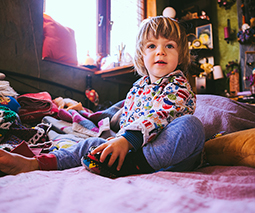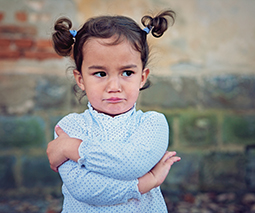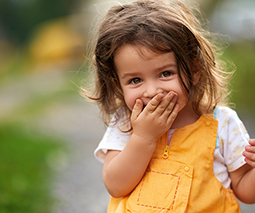Maggie Dent: The 10 building blocks that raise resilient kids
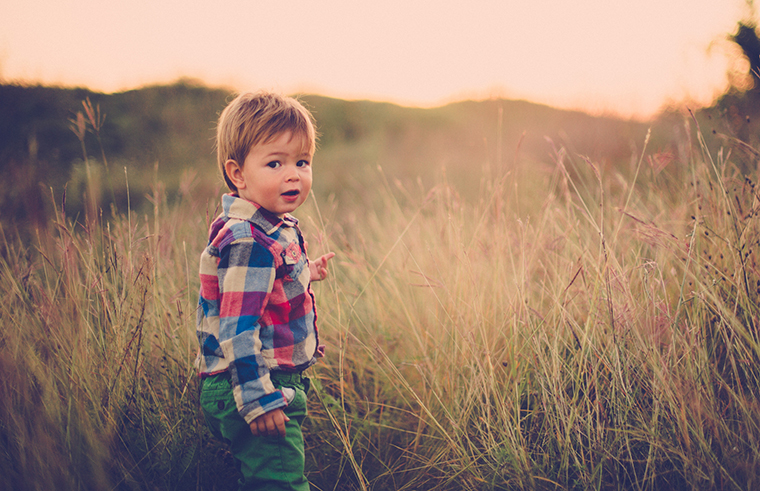
Maggie Dent is known as the ‘queen of common sense’, and is one of Australia’s favourite parenting authors and educators. She spends much of her time talking to parents about understanding and supporting kids with anxiety, and now shares with us her top tips for raising resilient kids:
What is resilience?
Resilience refers to the ability of a person to successfully manage their life, and to successfully adapt to change and stressful events in healthy and constructive ways. It is about survivability and “bounce-back-ability” to life.
At an international resilience conference in Canada in 2015 the perspective of what resilience is had changed somewhat to it being a capacity to thrive that is determined by the systems and environments that surround an individual or community.
Essentially our ability to overcome significant adversity can only become a reality when we can access people and resources that can help us.
Why is resilience so importance in today’s modern world?
Young people have always needed effective coping skills, however the modern world is more challenging than ever before, and many young people have fewer resources to deal with adversity than in previous generations. Our main concerns today involve the increasing numbers of our young who are depressed, suicidal and engaging in maladaptive coping strategies such as substance abuse and anti-social behaviour.
Characteristics of resilient people
- Ability to bounce back and recover from almost anything.
- Optimistic and flexible thinking skills.
- Have a, ‘where there’s a will, there’s a way’ attitude.
- Tend to see problems as opportunities to learn and grow.
- Ability to hang in there, or persevere and persist.
- Have a healthy, authentic self-esteem.
- Capable of setting clear, realistic and attainable goals.
- Have a healthy social support network.
- Seldom dwell on the past or the future.
- Have well-developed emotional and spiritual competence.
- Learn from previous challenges and mistakes.
- Have a capacity for detachment.
- Have a well-developed sense of humour.
- Have meaningful involvement with others or their community.
- Treat themselves and others with respect.
- Have problem-solving and conflict resolution skills.
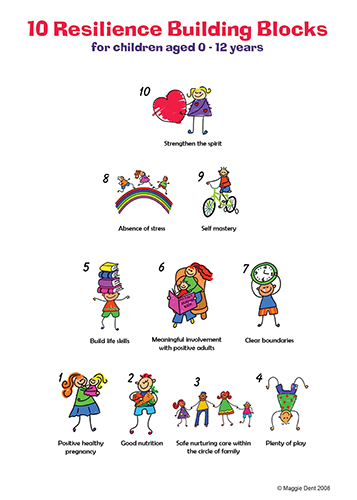
“Let there be laughter, let there be lingering, let there be love as our little precious beings that we have created, or agreed to care for, walk this amazing journey of life. May they know that they have come here to be themselves, not some version of our reality or of our story of who they should be. Let us gather circles of support that build human connectedness, which truly honour the value of family within communities.”
Self-mastery and self-esteem
Self-esteem is the ability to choose to experience oneself as competent to be able to cope with everyday life and particularly life’s challenges, and also of being worthy of happiness and goodness.
According to Dr Nathaniel Branden, self-esteem has two essential components:
- Self-efficacy – confidence in the ability to cope with life’s challenges. Self-efficacy leads to a sense of control over one’s life.
- Self-respect – experience oneself as deserving of happiness, achievement and love. Self-respect makes possible a sense of community with others.
The relevance to resilience must now be clear. Self-esteem influences our capacity to cope with life’s challenges and in some ways it is the immune system of consciousness.
Any emotionally significant experiences – positive or negative – can shape our values and developing beliefs.
